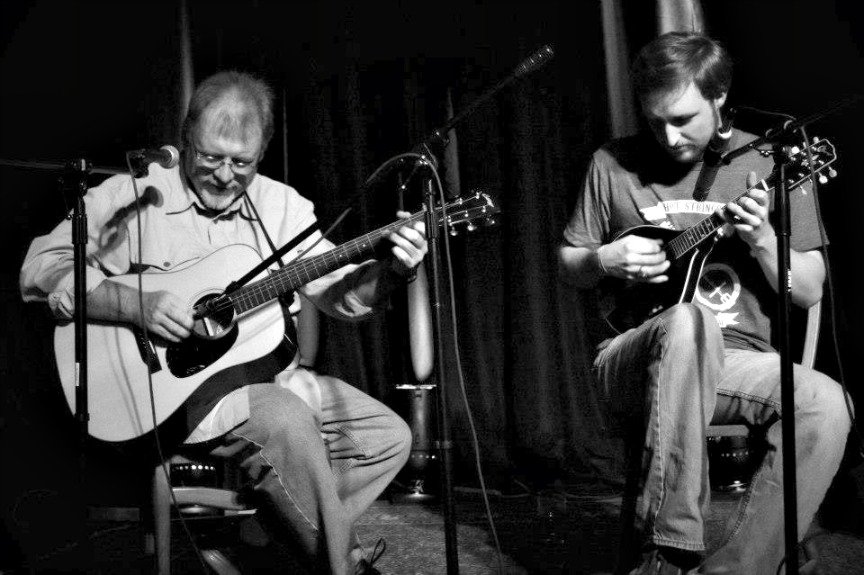The Language of Music,
for Real Musicians
Music Theory = "Play a D minor seven flat five, then modulate to the 4." Huh??? Yeah, that's what I thought. Until I started teaching music and learned how to learn this stuff they call theory.

I've been playing music for years. But when I started playing professionally, I ran into situations where I needed to know more about what it was I was playing.
Do you want to learn music? Like anything else, theory should make sense. Let's face it. This is fun music, not higher level mathematics. Learning this stuff CAN be simple and enjoyable.
Thank you so much for this great site! I have been at a loss as to how to teach music-reading to my students without confusing or overwhelming them… ...Now I have a place to start that is geared for real-world practicality, useful for my students to become better musicians as they learn to use their voices.
-April
Why You Need to Know It
This is the language of music. I always tell people, you CAN get by in life without knowing how to read your native language. You can still work a job, get food, and survive without knowing how to read.
However, you will miss out on SO many important things.
- How do you drive to somewhere if you can't read roadsigns? (Reading chord charts)
- How do you order what you want at a restaurant if you can't read the menu? (Writing down your own songs to play with other people)
- How do you enjoy great novels without being able to read books? (Okay, so the Lord of the Rings movies are pretty good...)
Knowledge of your language GREATLY increases your ability communicate with other people, especially in music.
When you speak the language of music theory, not only can you play with higher level players, but you can also be more creative, express yourself better, and branch out into different styles.
How To Do It
It all starts with what most teachers and textbooks leave out, and that's a solid, intuitive foundation. For that foundation, complex chord diagrams or tricky scale patterns written out in music notation are not necessary yet (but can be useful later on).
In these lessons, I'll show you how to look at music theory in a way that makes sense to you. We'll work through systems you already know, such as the alphabet, and the number system, and certain musical instruments.
We will cover areas such as basic to advanced scales, intricate rhythm patterns, and complex chord building. We'll learn this all in a way that is intuitive for Musicians, not Theorists.
Ready? Let's Go!!

Hope this helps! Practice hard and let me know if you have any questions!